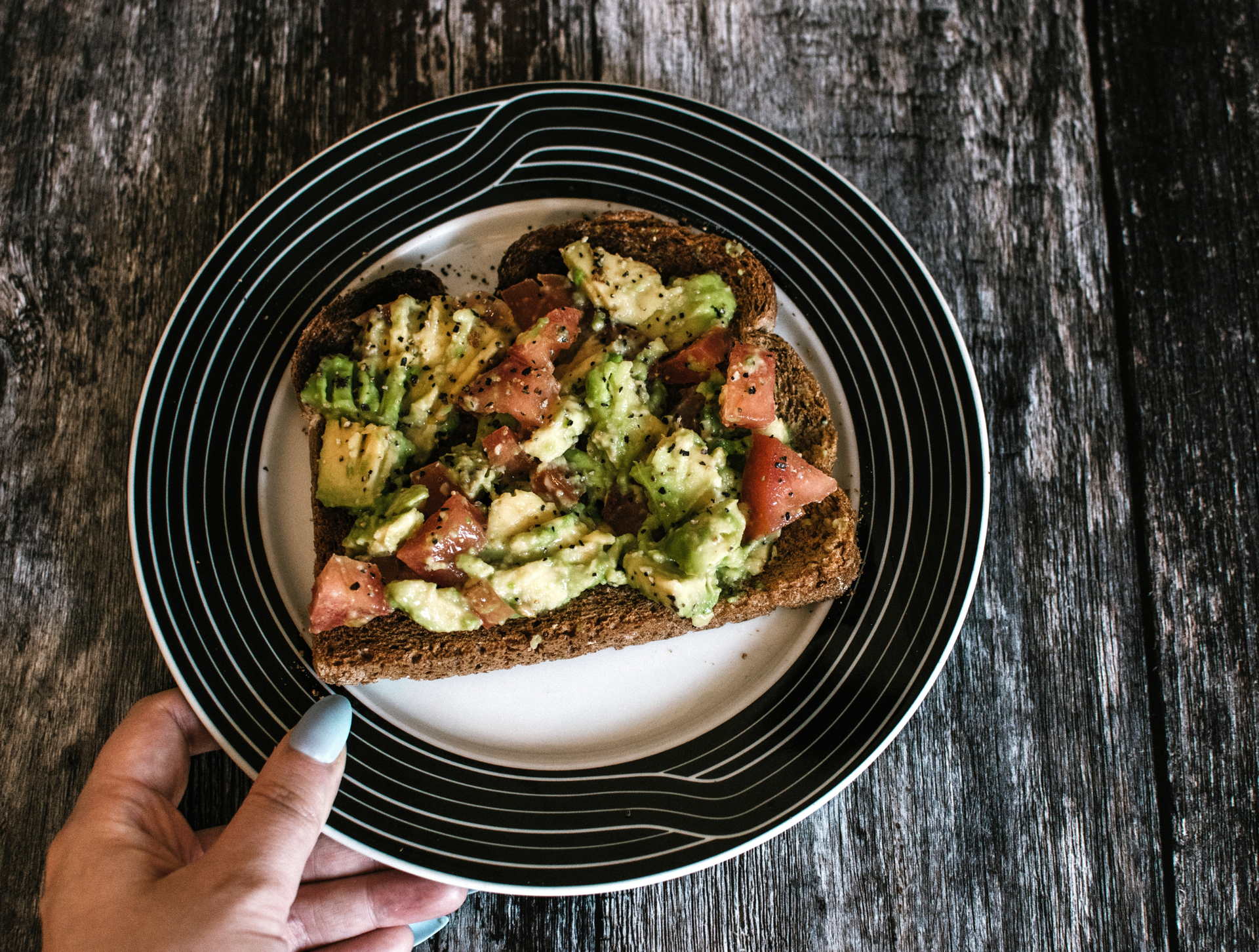
How To Make A Weight Loss Diet Sustainable For Yourself and the Environment
In a world where food waste is a staggering issue and healthy eating is a priority for many, the convergence of these two concerns is becoming increasingly evident. Discover four ways to ensure your weight loss diet is sustainable for yourself and the environment.
According to the Bundesministerium für Ernährung und Landwirtschaft, a significant portion of food waste occurs within the food supply chain. Numbers show that every consumer throws away around 78 kilograms of food annually. This emphasises the need to not just focus on our health, but also consider the broader impact of our dietary choices.
Achieving weight loss goals while minimising our impact on the environment is essential and possible. Here are four ways to ensure your weight loss diet is sustainable for yourself and the environment.

EAT SEASONALLY
Eating seasonally is about embracing fresh flavours and making a conscious choice to benefit your health and the environment. Our food systems have plenty of vulnerabilities, with agricultural land generating 3.3 billion tons of CO2 equivalent per year. Seasonal produce, usually grown locally, requires fewer resources and energy to cultivate, transport, and later conserve in our pantry. This reduces your carbon footprint and supports local farmers.
Incorporating seasonal foods into your weight loss plan can be rewarding, too. Fruits and vegetables at their peak offer higher nutritional content, making your diet more nutrient-dense. They can also be preserved and stored as jam or pickled for a crunchy and flavorful addition to every meal.
PLAN YOUR MEALS
Meal planning is more than just a tool for efficient weight management. It’s also a way to curb food waste and ensure you maximise your resources. By crafting a proper “ernährungsplan abnehmen” and using meal planning techniques, you can purchase only what you need for the week and cook in advance. You can even use leftovers creatively. This reduces the likelihood of excess perishables going to waste and you succumbing to unhealthy choices due to lack of time or convenience.
To make the practice easier, you can use calendar apps or planning tools to save your favourite recipes and track your intake. Many apps already include ready-made weight loss meal plans tailored to different lifestyles. This helps you set yourself up for success in your weight loss journey while also making environmentally responsible choices.
CONSUME MINDFULLY
Mindful eating means being fully present while consuming food. It involves savouring each bite and paying attention to flavours, which will eventually foster a healthier relationship with food. This will help you listen to your body’s cues for hunger and satisfaction, thus allowing you to control portions better to avoid waste and overeating.
As you weave this mindful practice into your routine, you can begin to plan meals more efficiently to resist impulse buys. In the long run, you can minimise waste and align your habits with your weight loss goals.
BALANCE HEALTH AND IMPACT
There are different established diet plans, from the Atkins to the keto diet, that you may feel are already suitable to your lifestyle. However, even though these already have set principles and rules, you can still adjust their environmental impact.
For instance, let’s say that you advocate for the One Meal a Day (OMD) diet due to its health benefits as a plant-based regimen. While the OMD diet primarily focuses on consuming one plant-based meal a day, making this dietary choice sustainable for the planet requires more thoughtfulness on your part. There are numerous ideas for plant-based foods that you could easily use to cover two meals and reduce food waste. Otherwise, opt for locally grown options when sourcing plant-based ingredients to reduce your carbon footprint further.
As the world grapples with food waste and its environmental implications, your choices have the power to contribute to a healthier, more sustainable future. With these tips, you can embrace a sustainable weight loss diet that accounts for both personal health goals and the planet’s well-being.
Highlight Image:
© Lisa Folios via Pixels
Words:
Luxiders Magazine








